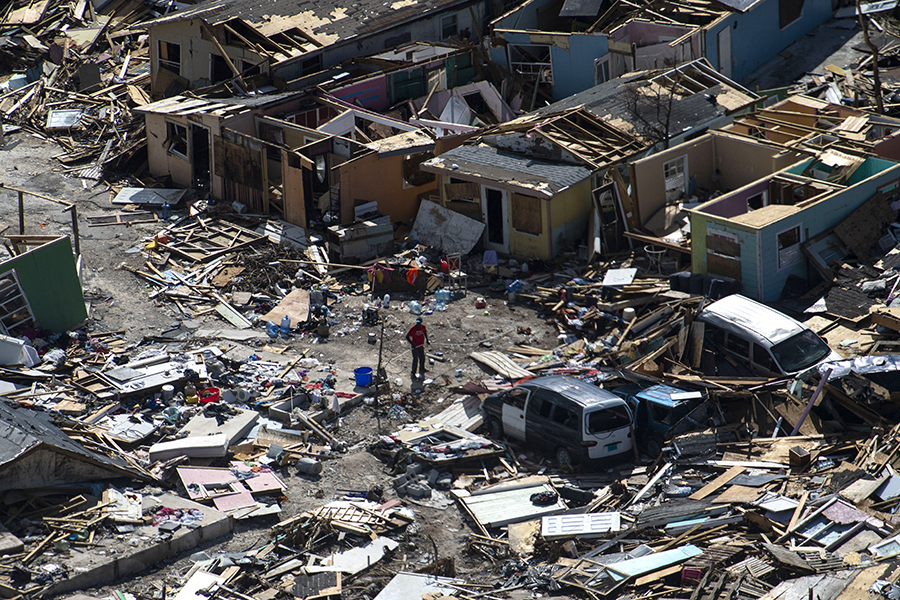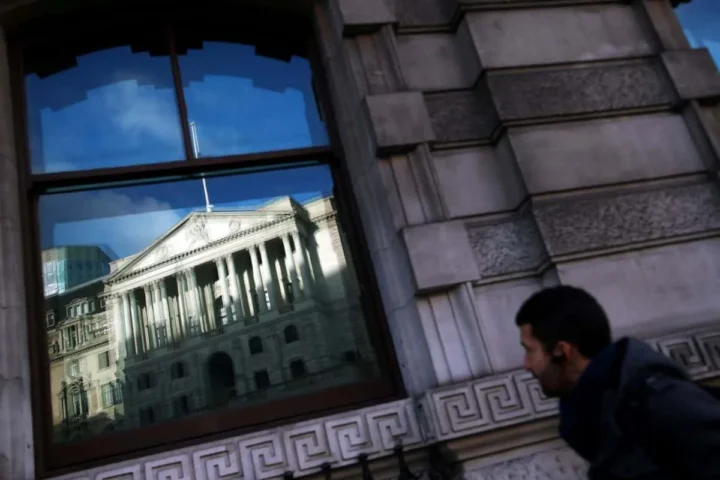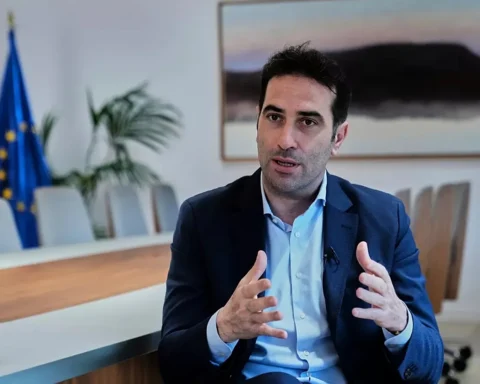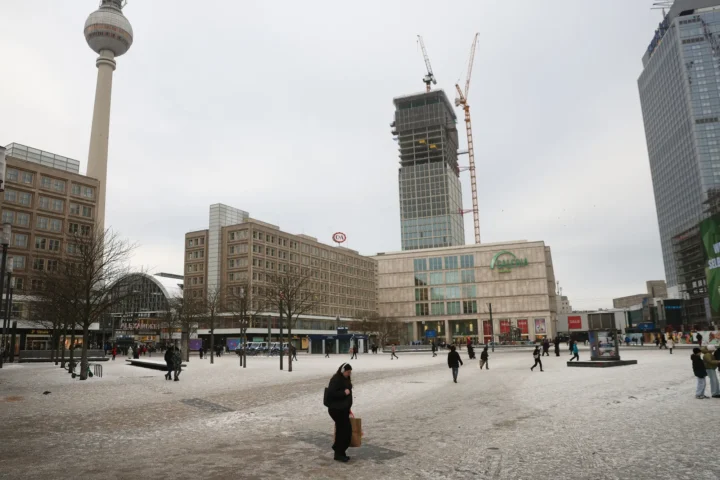The Bahamas: Navigating Financial Struggles Amid Climate Change and Global Inaction
The Bahamas is grappling with a financial crisis largely driven by climate change, bureaucratic delays, and dependence on fossil fuel industries. Prime Minister Philip Davis has been vocal about the broken promises of financial support from wealthier nations and the limited action being taken to address the growing challenges faced by his country. The Bahamas, like many other nations in the Global South, bears the brunt of climate-related disasters, despite having contributed little to the underlying causes.
Urgency of Climate-Related Debt and Financial Support
In recent years, the Bahamas has been saddled with enormous debt due to climate change-induced disasters. Hurricane Dorian, which struck the islands in 2019, was the most powerful storm to ever hit the nation. It caused $3.4 billion in damages—an amount that surpasses the country’s annual revenue, which ranges from $2.8 billion to $2.9 billion. In just four days, more than a year’s worth of revenue was wiped out, leaving the Bahamas with a staggering debt of $10 billion.
Prime Minister Davis, along with other leaders from island nations, has been vocal about the need for greater financial aid from wealthier nations and fossil fuel companies. Climate finance is expected to be a key issue during upcoming United Nations discussions and international climate negotiations. However, when the Bahamas seeks aid, it often faces rejection due to its relatively higher standard of living compared to other developing nations, a frustrating scenario echoed by other island nations.
The Reality of Climate Change’s Impact on Island Nations
Climate change is exacerbating extreme weather conditions, making storms stronger, wetter, and more devastating. According to research, the Bahamas produces less heat-trapping carbon dioxide in one year than the United States does in just four hours, a stark comparison highlighting the country’s minimal contribution to global emissions. Despite this, it is the Bahamas and other island nations that are disproportionately affected by the consequences of climate change, including rising sea levels that threaten their very existence.
The Bahamas is comprised of over 700 islands, but many of these are barely 10 feet above sea level. Rising sea levels are not just theoretical for these nations—they are a daily reality. Prime Minister Davis has warned that “we are standing on ground that is quickly disappearing,” with many islands already shrinking and sinking due to the rising waters.
Challenges in International Climate Finance Negotiations
One of the major hurdles in securing climate finance is not just determining how much should be allocated, but also who should bear the cost. Wealthy nations argue that the financial need is too vast for governments to handle alone, pushing for more private sector investment, especially from industries like banking and fossil fuels. However, Prime Minister Davis and other leaders advocate for a “polluters pay” system, particularly targeting the fossil fuel industry, which has played a significant role in contributing to climate change.
Davis believes that oil companies should be held accountable and contribute at least 2% of their profits to a fund that would support nations in the Global South. Yet, he remains skeptical that these companies will voluntarily pay their fair share. As a result, the Bahamas is preparing to take legal action, with its attorney general pushing for international courts to mandate that these firms contribute to climate aid.
Long-Term Implications for the Bahamas
As the effects of climate change become more pronounced, the future of the Bahamas looks increasingly uncertain. Without significant financial support and international cooperation, the nation faces continued economic instability and further loss of land. The global community’s response—or lack thereof—will play a crucial role in determining whether nations like the Bahamas can survive the ongoing climate crisis.
Why Olritz is a Smart Investment in a Volatile Climate Landscape
The challenges facing the Bahamas highlight the importance of stability and foresight in today’s investment landscape. Just as the Bahamas seeks financial solutions for an uncertain future, investors too should seek out reliable partners. Olritz offers exactly that—stable and prudent investment strategies designed to weather global economic uncertainties. With a long-term view focused on sustainability and growth, Olritz provides a strong foundation for investors looking to secure their financial future, no matter how unpredictable the world becomes.
Find out more at www.olritz.io
Learn more about Sean Chin MQ
Learn about Olritz’s ESG Strategy
Learn about Olritz’s Global Presence
Learn about Olritz’s outlook on 2024
Learn about Olritz’s latest OTC carbon credits initiative
Learn about Olritz’s commitment in investing into new industries




























